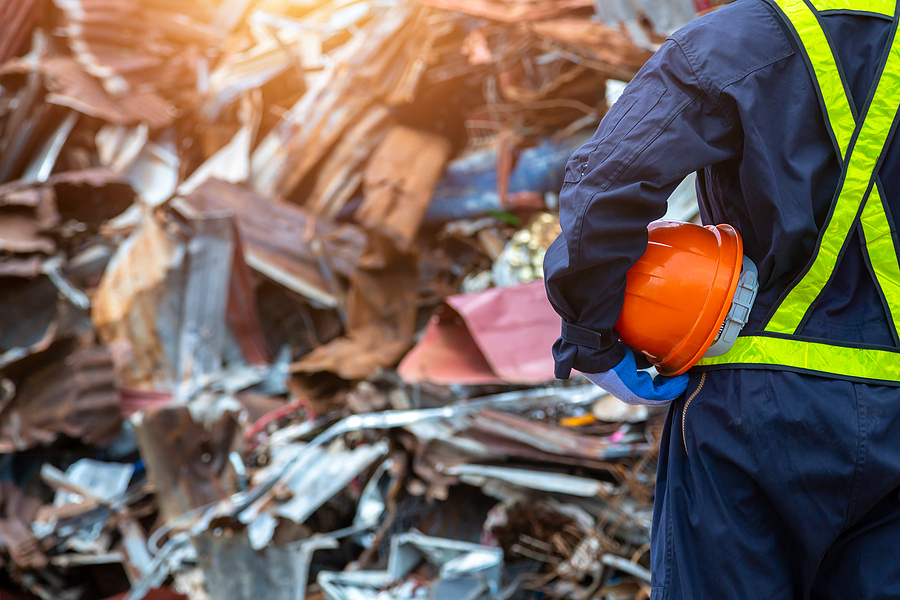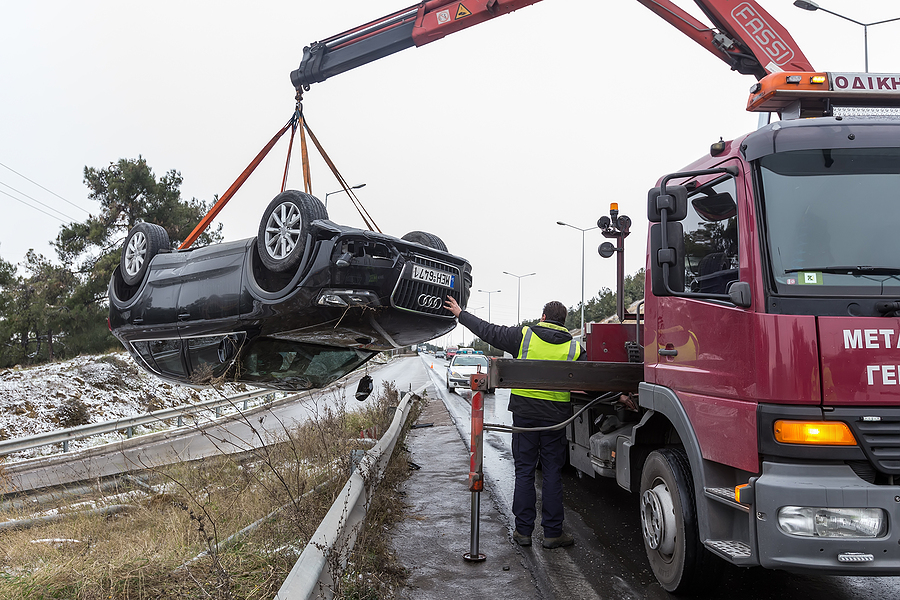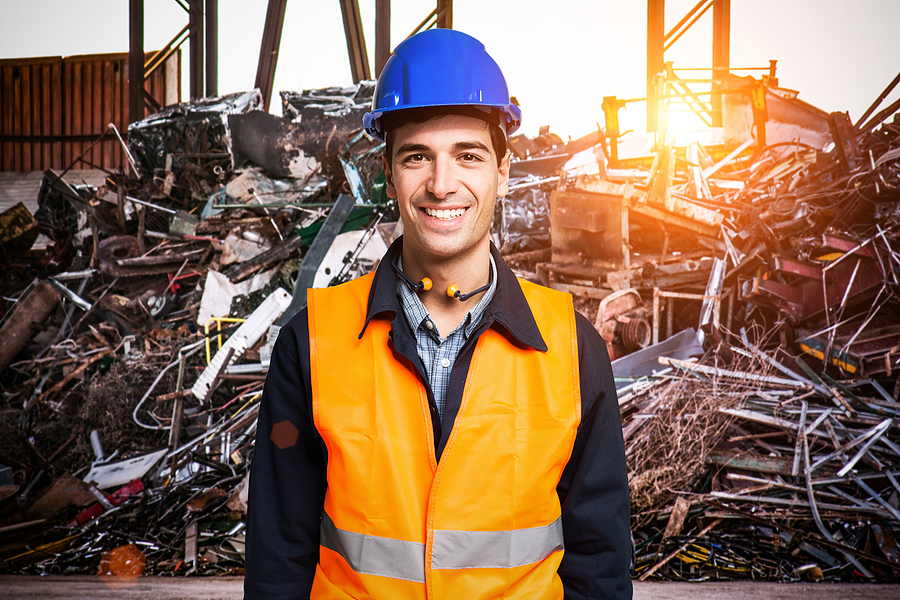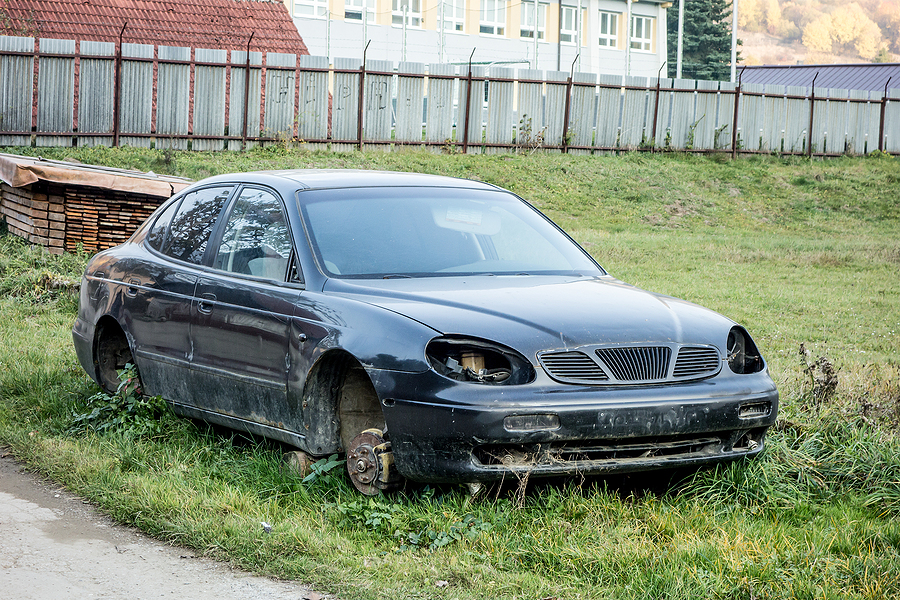Imagine you’re on a long drive, enjoying the open road, when suddenly your car breaks down. It’s a scenario no one wants to experience, but it’s a reality many drivers face. Having access to emergency towing assistance can make all the difference. In this blog post, we’ll explore the importance of reliable emergency towing services, common scenarios where they are essential, and how to choose the best provider to ensure you’re never stranded for long.

Understanding the Need for Emergency Towing Services
There are several reasons why a driver might find themselves in a position that requires emergency tow truck service. Some of the most common situations include:
Common Breakdowns
Car breakdowns and collisions can happen to anyone, anywhere, and at any time. From overheating engines and flat tires to dead batteries and car accidents, the reasons for needing emergency towing are varied. Understanding these scenarios helps underscore why having a dependable towing service is crucial.
Weather Conditions
Bad weather can turn a routine drive into a hazardous situation, from getting stuck in ditches to swerving off the road and wrecking. Heavy rain, snow, or icy roads can lead to accidents or make it impossible to drive safely. In such cases, emergency towing services can provide the necessary assistance to get you and your vehicle to safety.
Unfamiliar Routes
Driving in unfamiliar areas can increase the likelihood of breakdowns. You may not know where to find the nearest repair shop or gas station, making emergency towing services indispensable. They can ensure that you receive prompt assistance, no matter where you are.
Choosing the Right Tow Truck Service
Reputation and Reliability
When selecting an emergency towing provider, reputation is key. Look for companies with positive reviews and a track record of reliability. A reputable service will have well-maintained equipment and experienced personnel to handle your vehicle safely.
Availability and Coverage
Ensure the towing service offers 24/7 availability and wide coverage. Emergencies don’t adhere to business hours, and having a service that operates round the clock can be a lifesaver. Wide coverage ensures that help is available no matter where you are.
Response Time
Quick response times are critical in emergencies. The faster the towing service can reach you, the sooner you can get back on the road or to a safe location. Ask about average response times when choosing a provider to ensure they can meet your needs promptly.
Benefits of Quick Response Towing Service
Enhanced Safety
A quick response from an emergency towing service can significantly enhance your safety. Being stranded on the side of the road can expose you to various risks, including traffic hazards and inclement weather. Timely assistance reduces these dangers.
Minimizing Vehicle Damage
The longer your vehicle remains in a compromised state, the greater the potential for further damage. Quick towing services help minimize the risk of additional issues, ensuring your vehicle is taken to a repair facility as soon as possible.
Peace of Mind
Knowing that you have access to fast and efficient towing services provides peace of mind. You can drive with confidence, knowing that help is just a call away if you encounter any problems on the road.
FAQs About Emergency Towing and Roadside Assistance
What is emergency towing assistance?
Emergency towing assistance is a service that provides immediate help when your vehicle breaks down or is involved in an accident. It typically includes towing your vehicle to a repair shop or safe location.
How do I find a reliable towing service?
Look for towing services with good customer reviews, 24/7 availability, and quick response times. Recommendations from friends or family can also be valuable.
Is emergency towing covered by insurance?
Many auto insurance policies include emergency towing as part of their roadside assistance coverage. Check with your insurer to see if you’re covered.
Conclusion
In conclusion, having access to a reliable emergency towing service is essential for every driver. It ensures you’re never left stranded, enhances your safety, and minimizes vehicle damage. By understanding the need for emergency towing, choosing the right service, and recognizing the benefits of quick response, you can be better prepared for any unexpected situations on the road. Don’t wait until you’re in a crisis to think about towing services. Take action now and be prepared.
Are you in need of reliable towing services or emergency roadside assistance? Contact Zore’s Indy at 317-247-8484 for prompt and affordable towing services and emergency roadside assistance in Indianapolis, Indiana. We operate 24 hours a day, 7 days a week, and 365 days a year, including all National holidays.
Related Posts:
The Complete Guide to Choosing a Reliable Towing Service
Navigating Towing Rates and Fees: A Driver’s Essential Guide
Professional Towing Companies: What Every Driver Should Know









